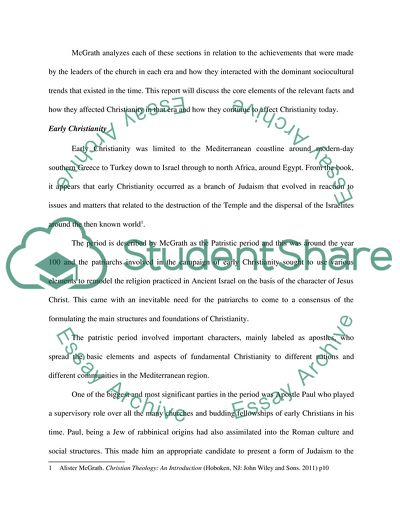Cite this document
(Christian Theology by Alison McGrath Book Report/Review Example | Topics and Well Written Essays - 2750 words, n.d.)
Christian Theology by Alison McGrath Book Report/Review Example | Topics and Well Written Essays - 2750 words. https://studentshare.org/religion-and-theology/1806419-christology
Christian Theology by Alison McGrath Book Report/Review Example | Topics and Well Written Essays - 2750 words. https://studentshare.org/religion-and-theology/1806419-christology
(Christian Theology by Alison McGrath Book Report/Review Example | Topics and Well Written Essays - 2750 Words)
Christian Theology by Alison McGrath Book Report/Review Example | Topics and Well Written Essays - 2750 Words. https://studentshare.org/religion-and-theology/1806419-christology.
Christian Theology by Alison McGrath Book Report/Review Example | Topics and Well Written Essays - 2750 Words. https://studentshare.org/religion-and-theology/1806419-christology.
“Christian Theology by Alison McGrath Book Report/Review Example | Topics and Well Written Essays - 2750 Words”. https://studentshare.org/religion-and-theology/1806419-christology.


